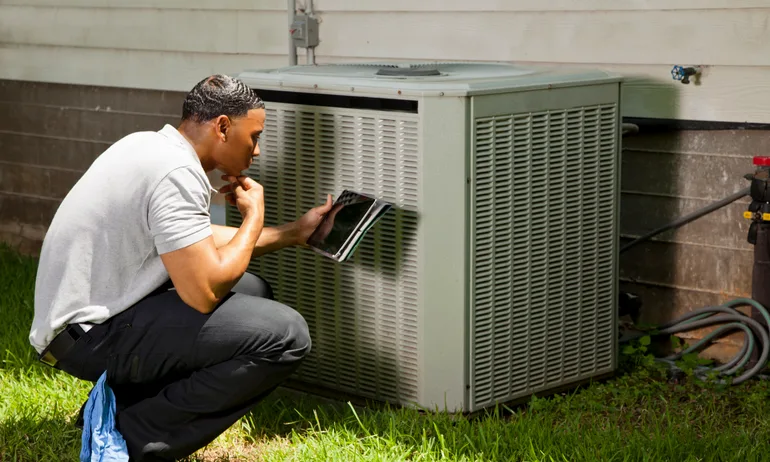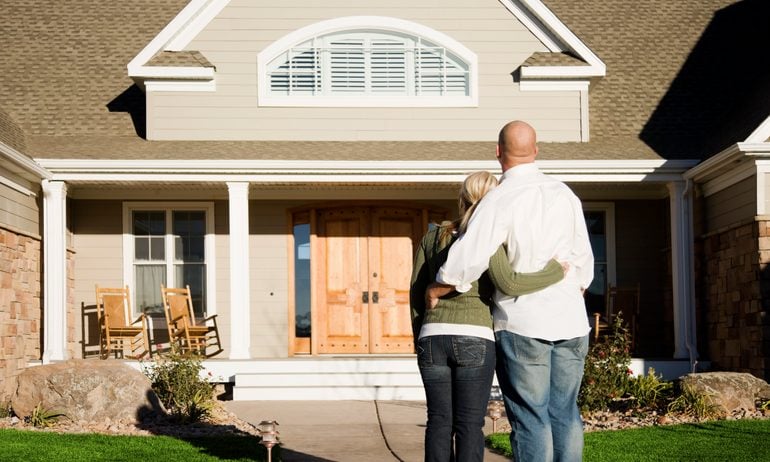Advertisement

What to Anticipate During a Home Inspection
The Importance of a Home Inspection
When contemplating the purchase of a new home, a home inspection serves as your insightful guide, paving the way for a more informed decision. This crucial process can unveil hidden problems and provide clarity on the necessary upkeep required for the property.
More Than Just a Walk-Through
Engaging a professional home inspector can protect your finances significantly. A well-executed inspection may save you from unexpected repair costs or, worse yet, buying a money pit that drains your resources. This visual examination encompasses the house's physical framework and essential mechanical systems, from the roof to the foundation, and everything in between, including windows and doors.
A Comprehensive Evaluation
Your home inspector will meticulously assess the functionality of major appliances, inspect the efficiency of heating and cooling systems, and delve into the electrical systems. They may even explore typically overlooked spaces like attics and basements to give you a complete analysis. The primary goal is to identify issues within the home itself, steering clear of appraisals or judgments on the property’s sale price.
Timing Your Inspection
Scheduling your inspection promptly after your offer is accepted is essential for a smooth transaction. Allow yourself a comfortable window of about seven to ten days to ensure you're not rushed during this pivotal stage of the buying process.
Choosing Your Inspector Wisely
As the buyer, the responsibility of selecting the home inspector rests on your shoulders. Even if the seller provides a report or claims that the house has been pre-inspected, securing your own inspector is wise. Given that home inspectors aren’t federally regulated and may not require licensing in all states, seeking recommendations from trusted friends or professional organizations is advisable.
Digging Deeper: The Interview Process
Before settling on an inspector, consider interviewing potential candidates about their backgrounds, training, and specialties. If you’re eyeing an older home, for instance, seek someone with expertise in older housing. Requesting references from previous clients can provide insight into the inspector's reliability—look for those who have lived in their homes for more than six months to verify the inspector's thoroughness.
The Cost of Peace of Mind
Home inspections generally range from $300 to $500 or even more. This upfront investment can pay off by ensuring that you are fully informed before making a purchase. Be prepared to pay the inspector directly at the time of service, as waiting until closing for payment could compromise their objectivity.
The Inspection Process: A Day in the Life
A qualified inspector will dedicate several hours to meticulously reviewing the home’s condition. If you accompany them, you’ll receive real-time feedback and insights during the inspection. Their unbiased evaluation offers a fresh perspective, free from the emotions tied to your home buying journey.
Understanding Limitations
While home inspectors are trained to notice vital concerns, they can’t uncover every potential issue, such as hidden pests or harmful substances like mold or asbestos. Areas that are not easily accessible, such as septic tanks, may also be beyond their examination scope, requiring specialized assessments.
What to Expect in Your Report
A well-crafted inspection report will be detailed and comprehensive, featuring checklists, summaries, photographs, and notes. It should also estimate the lifespan of major systems and highlight any urgent repairs or replacements needed.
A Learning Experience, Not a Grading System
Remember, a home inspection is not an exam that the property must pass or fail. Instead, it’s a learning experience that can unveil necessary repairs and inform your negotiations with the seller. Ultimately, a thorough inspection can boost your confidence in your new home or help you walk away from a bad deal.


